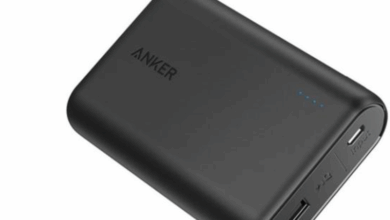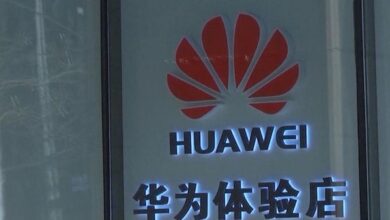Meta CEO Zuckerberg returns to witness stand, pushes back against FTC antitrust allegations

Meta CEO Mark Zuckerberg Defends Instagram Acquisition in Antitrust Trial
Meta CEO Mark Zuckerberg found himself in a heated exchange with a Federal Trade Commission attorney during a landmark antitrust trial on Tuesday. The trial, which accuses Meta of unlawfully monopolizing the social media market, entered its second day with Zuckerberg taking the witness stand to defend Meta’s acquisition of Instagram and WhatsApp.
The FTC’s lead attorney, Daniel Matheson, argued that Zuckerberg’s motive for buying Instagram was to eliminate a perceived threat to Facebook rather than to nurture the app’s growth. Matheson pointed to old emails where Zuckerberg referred to Instagram as a “rapidly growing, threatening network.”
However, Zuckerberg countered these claims by stating that while he acknowledged concerns about Instagram’s growth, the decision to acquire the platform was also driven by a desire to enhance their product offerings. He denied the assertion that the acquisition was solely to neutralize competition.
During questioning, Matheson repeatedly brought up emails from over a decade ago, including a message where Zuckerberg expressed concerns about Instagram and Path potentially disrupting Facebook. Zuckerberg clarified that the context of the message was part of a broader discussion on accelerating development through acquisitions.
The trial, a significant test for the FTC’s ability to challenge Big Tech, was initiated during President Donald Trump’s administration in 2020. The lawsuit alleges that Meta, formerly known as Facebook, acquired Instagram and WhatsApp to stifle competition and establish an illegal monopoly in the social media industry.
Meta’s purchase of Instagram in 2012 for $1 billion marked a shift in strategy, as it was the first time Facebook maintained a purchased company as a separate entity. Subsequently, Facebook acquired WhatsApp for $22 billion, enabling the company to expand its mobile presence and appeal to younger audiences amidst emerging competitors like Snapchat and TikTok.
Despite Meta’s assertion that Instagram and WhatsApp compete with a broader range of platforms including TikTok, YouTube, and Apple’s messaging service, the FTC maintains a narrower definition of Meta’s competitive market. Meta has criticized the lawsuit, stating that it disregards the dynamic nature of the social media landscape.
U.S. District Judge James Boasberg is overseeing the trial, having rejected Meta’s request for a summary judgment last year. The case is set to proceed to trial, with implications for the future regulation of Big Tech and the competitive landscape of the social media industry.





